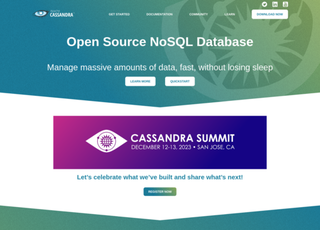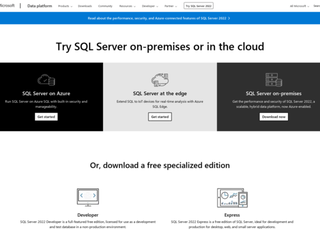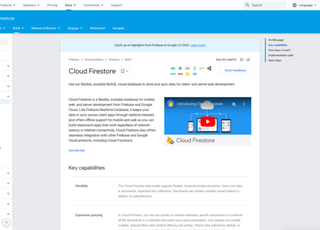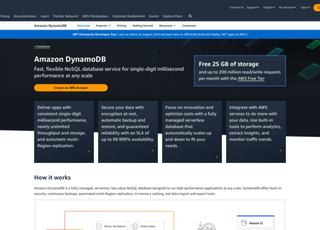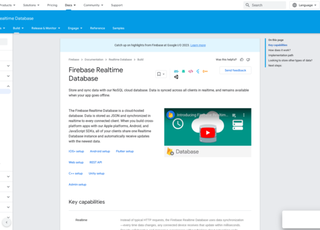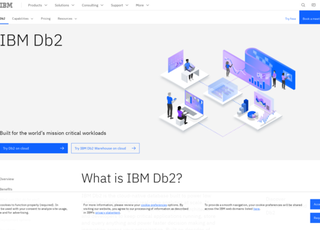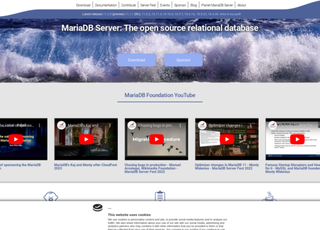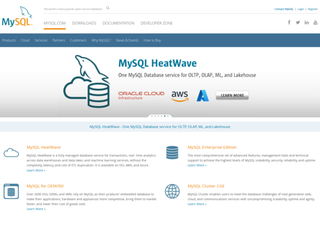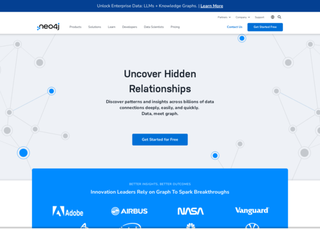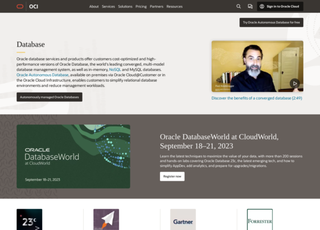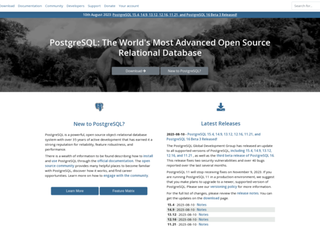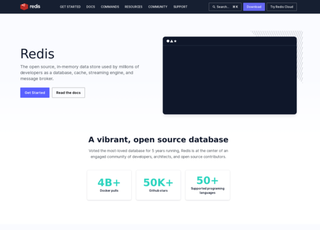SQLite
SQLite is a lightweight, self-contained database management system (DBMS) that is widely used for its simplicity, reliability, and flexibility. It's unique in several ways compared to other database systems like MySQL, PostgreSQL, or Oracle.
Embedded Database
SQLite is an embedded SQL database engine. Unlike client-server database management systems, the SQLite engine is not a standalone process with which the main program communicates. Instead, the SQLite library is linked in and thus becomes an integral part of the application. This makes the setup simple as there's no separate server process to install, configure, and manage.
Serverless
SQLite does not operate on the client-server model. This means there's no separate server process that applications need to connect to. All the operations are done in a self-contained, serverless manner, which greatly simplifies configuration and reduces the resources needed for setup and running.
Zero Configuration
SQLite requires no configuration or setup before it's ready to use. This makes it very easy to use, especially for small-scale applications, testing environments, or educational purposes. You don't need to set up a database server or perform any database initialization.
Portability
SQLite databases are stored in a single cross-platform disk file. This file format is stable, cross-platform, and backward compatible, and forward compatible. This means you can easily move a database file between different machines, operating systems, or architectures without any conversion.
Transactional
SQLite is transactional, meaning that all changes within a single transaction in SQLite are atomic, consistent, isolated, and durable (ACID), even after system crashes and power failures. This is a critical feature for any database, ensuring the integrity and consistency of data.
Lightweight
Despite offering many features of full-fledged databases, SQLite is designed with a focus on simplicity and efficiency. It has a small footprint, making it a popular choice for use in mobile applications, embedded systems, and devices with limited resources.
Language Support
SQLite interfaces with many programming languages, allowing it to be used in a variety of applications. Popular languages like Python, PHP, Java, and C# all have ways to interface with SQLite databases.
Use Cases
SQLite is particularly well-suited for applications that require a local database with minimal setup and administration. It's used extensively in mobile apps, desktop software, Internet of Things (IoT) devices, and for prototyping and testing.
Limitations
While it's highly versatile, SQLite is not designed for high-volume transactional processing. It doesn't support a networked client-server architecture and isn't the best choice for high concurrency or large-scale enterprise applications.
Data Types and Flexibility
SQLite uses a dynamic type system. Unlike many other SQL databases which require you to define the type of data in each column upfront, SQLite columns can store data of any type. This feature, known as "manifest typing," contrasts with the more rigid "declared typing" used in other systems, offering greater flexibility in certain scenarios.
Read and Write Operations
SQLite is optimized for read-heavy operations. It can handle a significant number of read operations with great efficiency. However, write operations are more constrained due to the way SQLite locks the entire database file during a write operation, which can be a limitation in write-intensive scenarios.
Full-Text Search
SQLite supports full-text search (FTS) enabling users to perform complex text queries against their databases. This is particularly useful for applications involving large amounts of text data where quick and flexible search capabilities are required.
Extensions and Customizability
SQLite supports various extensions, allowing users to add custom functions or modify existing behavior. This makes SQLite adaptable for a wide range of needs and scenarios. For example, the Spatialite extension adds support for geographic data, making SQLite a viable option for geographic information system (GIS) applications.
Community and Support
As an open-source project, SQLite benefits from a large community of developers and users. This community contributes to its continuous improvement and offers a wealth of resources, including documentation, tutorials, and forums for support and discussion.
Widely Used and Tested
SQLite is used by millions of applications and billions of deployments worldwide. This widespread usage has led to extensive testing in various environments, contributing to its reputation as a reliable and robust solution.
Licensing
SQLite is public domain software, which means it can be used for any purpose, commercial or private, without restrictions or fees. This open and permissive licensing is a key reason for its widespread adoption.
SQLite is a versatile, reliable, and easy-to-use database system that fits well in scenarios where a lightweight, self-contained solution is preferred. Its wide adoption in both commercial and open-source projects is a testament to its utility and effectiveness. While it's not suitable for every database need, particularly where high performance and scalability in a client-server environment are crucial, it excels in applications where simplicity, portability, and minimal setup are key considerations.





















